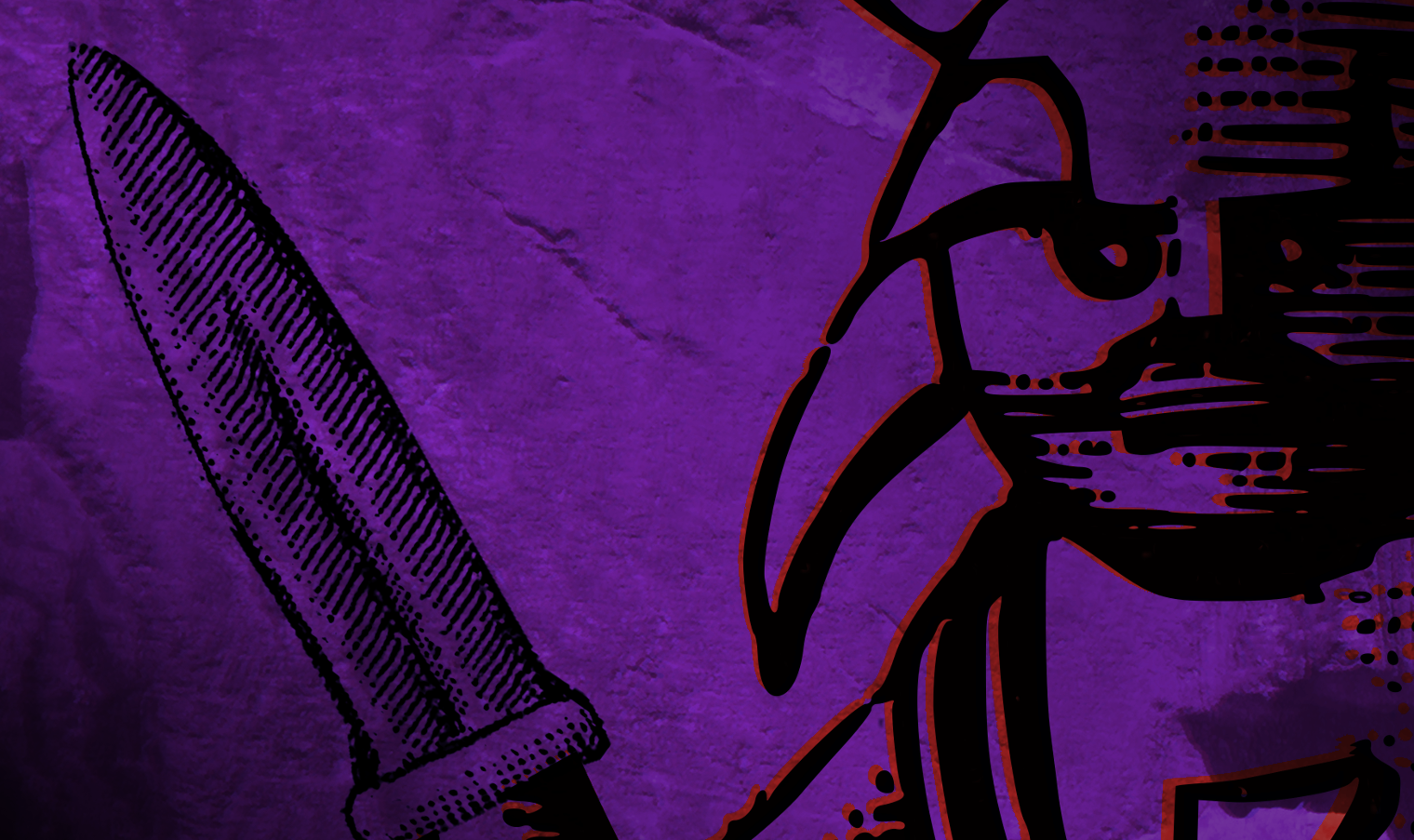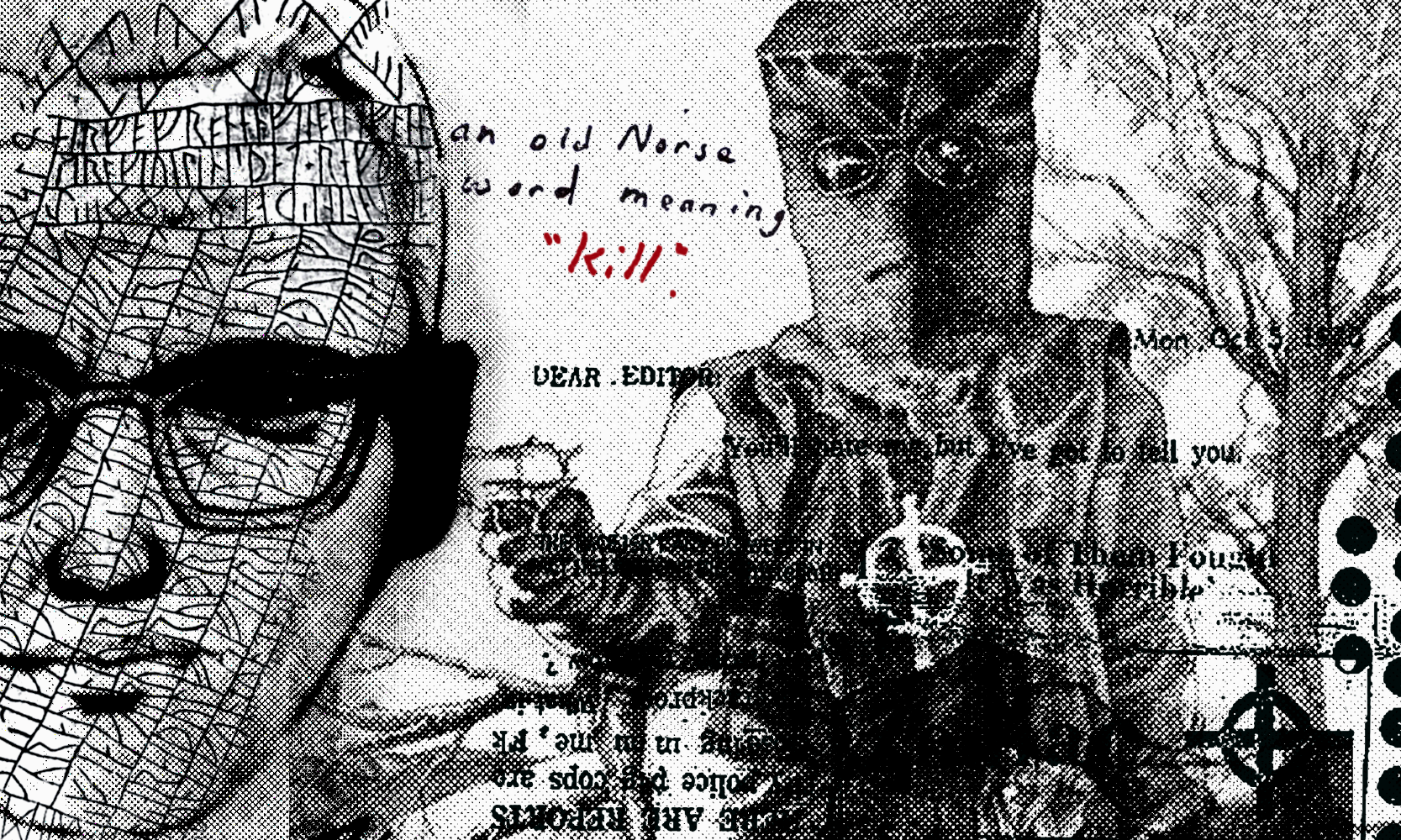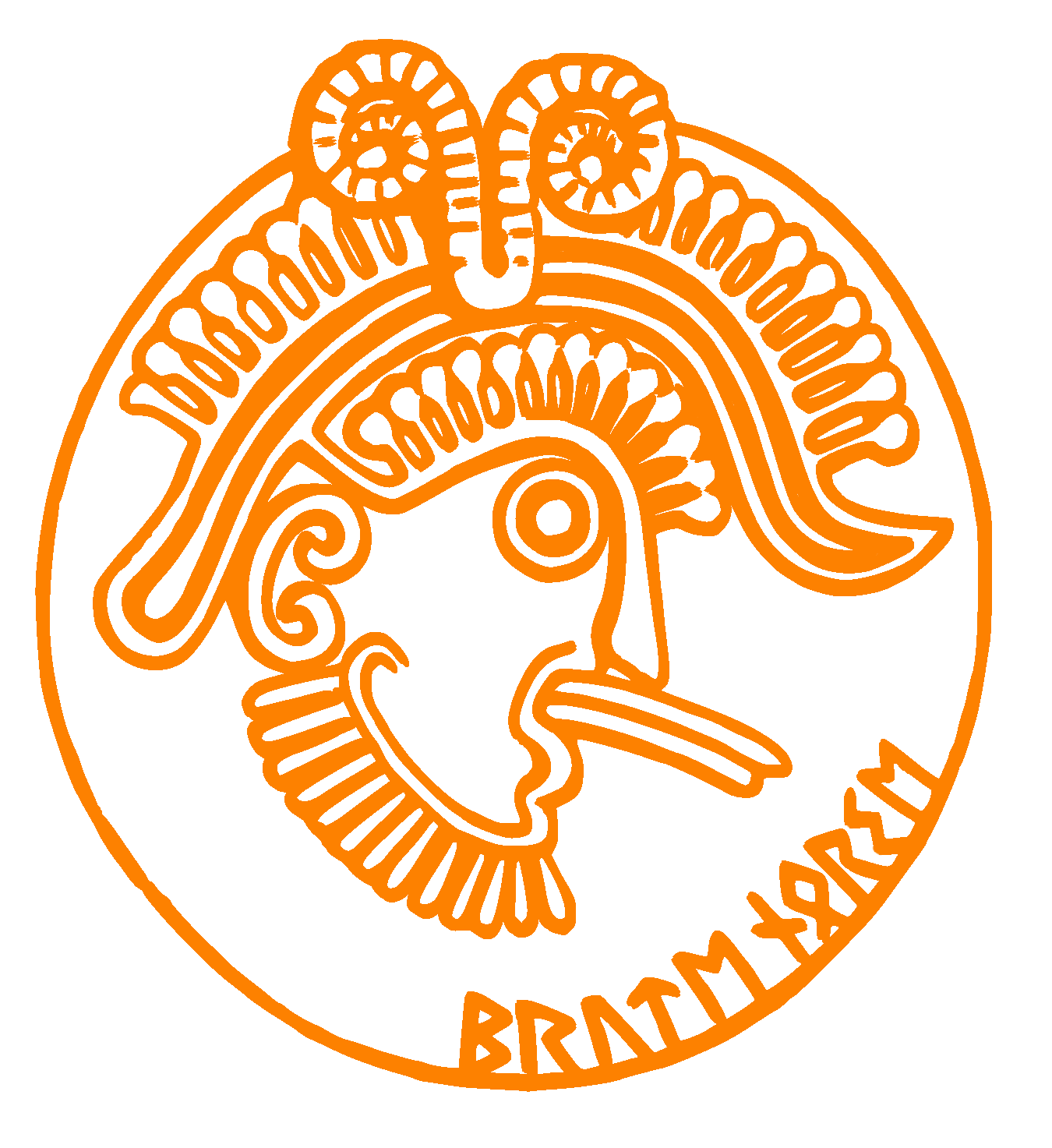Between the late 60's and early 70's, the California Bay Area was haunted by one of the most cryptic serial killers of the 20th century. Though only seven victims have been conclusively tied to the case, the Zodiac killer orchestrated much of his own notoriety through a series of letters – frequently containing codes and ciphers – which he would send to various newspapers in and around San Francisco.
The case is cold as the grave, but whoever he was, he put a lot of thought into his image. Unlike most serial killers, Zodiac was quite talkative. He chose his own nom the guerre, and signed his letters with a crossed circle, resembling a Celtic cross or, rather, the wheel of the zodiac. The likeness to the crosshairs of gun scope is quite obvious, and surely deliberate. This symbol served as his personal logogram throughout his letters, which often contained intertextual references, and sometimes more famous passages of symbol-ciphers, of which only one has been successfully deciphered.
It's difficult to make a non-speculative assessment based on the limited information revealed in these letters. Besides, it would not be unfair to characterize the Zodiac as an unreliable narrator, as he often distorted or embellished the facts surrounding his crimes. Almost every letter he wrote is a cornucopia of spelling errors and mistakes, which might suggest that the killer suffered from severe dyslexia. If he really did is anybody's guess, but reading the notes I can't help but feel that many of the typos seem a tad too deliberate, down to over-obvious, childlike mistakes such as inverted characters. This seems incongruous with the more or less fluent diction and clevernes of some of his other alleged letters, if these are authentic, and not penned by copy cats and impersonators. I would not put it past him to plant such ruses, and that Zodiac was gaslighting the police with layers of conflicting information and red herrings.
If his strategy was to spawn a cacophony of speculations, his efforts were clearly a huge success: The references, as well as the playful, even creative contents of the letters, have lead some to think that he might have been an artist, graphic designer, musician, or other such cultured person. Then again, if he's not the evil genius he's made out to be, he could simply be reaching far and wide for symbolism he knew would give him a chime of mystery. He wouldn't be the first person with a kinda-sorta creative knack to be lauded as a genius, despite being about as deep as a puddle. Guesswork about the Zodiac's identity has made him a modern day Jack the Ripper, and the chaotic tangle of imaginative theories far outgrow the facts we know about the actual personality behind the crimes. While not exactly a fully developed armchair theory, I have come across some things myself that have left me wondering if the Zodiac killer might have been interested in the Viking Age.
Exhibit A: A letter to the San Francisco Chronicle
















